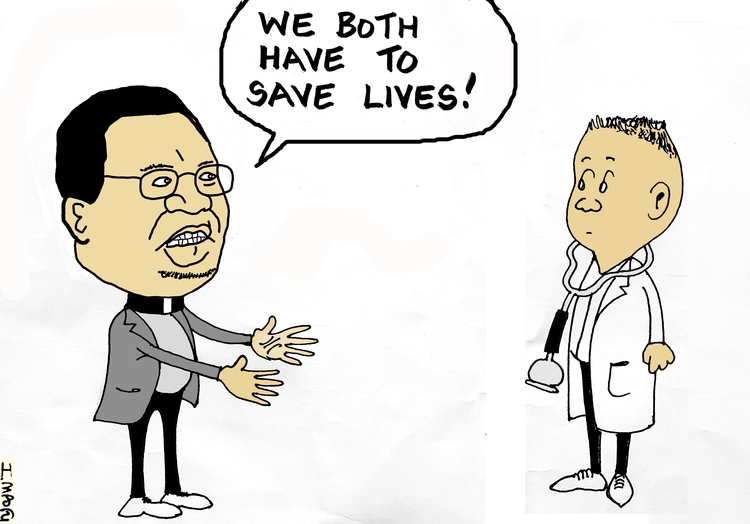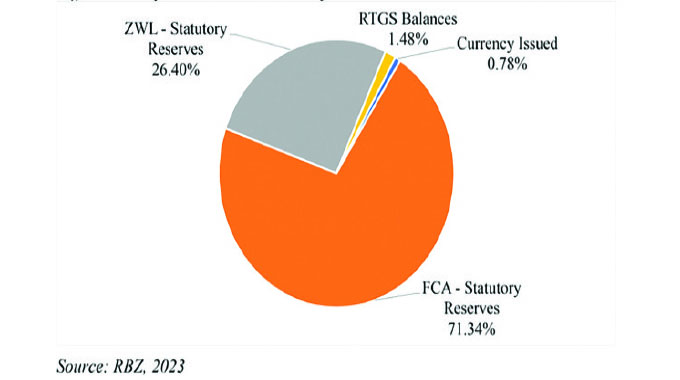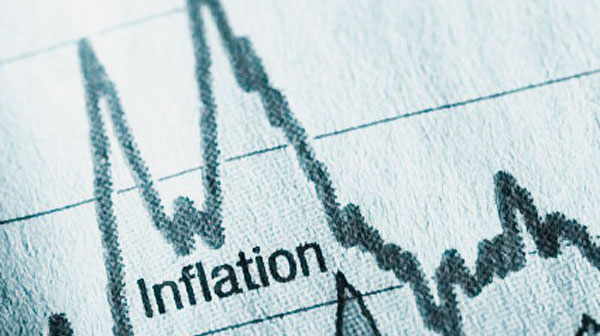Is climate change making you anxious?… . . . here are coping tips from psychologists
Between news of devastating natural disasters, horrifying scientific predictions, and the infuriating lack of political will to do anything about it all, it seems we can’t catch a collective breath at the moment.
some days, news about the climate crisis feels like a heavy weight on my chest. And I’m not alone.
Some of us are becoming increasingly overwhelmed, including the scientists who have been working so hard on these problems.
“We are seeing a wide range of responses, including signs of anxiety, depression, anger, guilt (ruminating, feeling overly-responsible for the problem),” New York climate psychologist Wendy Greenspun told me.
A 2018 study in Nature Climate Change stressed that these reactions are an entirely rational and legitimate response to the mess we’ve found ourselves in. Things are on track to get worse, which is all the more reason to find a way to cope with these emotions, so we can face the challenges to come. Not least because I wanted to soothe my own anxious mind, I dug into the advice psychologists have to offer.
Here are their best tips on how we can cope when news about the climate emergency becomes just a bit too much.
- Look after yourself
Greenspun says that along with the more obvious feelings of distress and changes in emotional levels, signs that climate news is having a negative effect could also include things like an inability to stop seeking out more and more climate news (something I certainly recognise!) or avoiding the information entirely.
“People should pay attention to their emotional state in the wake of reading and seeing climate news,” Greenspun advises. “Self-awareness might help someone recognise when they need to discuss their emotions with another person or to take a break.”
Coping with Climate Change Distress, a guide by the Australian Psychological Society and colleagues, stresses the importance of self-care, such as maintaining regular routines, and taking time out to exercise, meditate, relax and do fun things that make you feel good.
“Keeping up with a constant stream of information doesn’t actually solve the climate change problem,” the guide states. “And it takes a huge psychological toll to be constantly exposing yourself to this chronic, intangible, global environmental stressor.”
Psychologist Carol Ride, founder of Psychology for a Safe Climate, told me it’s important to set boundaries on how much we do engage with this issue – tactics such as not reading about climate change at night can be helpful.
“Each individual needs to figure out how much they can face and what will allow them to stay aware without causing so much distress that they shut down,” Greenspun says.
“Taking breaks from the news instead of constantly reading may be a way to stay connected without shutting down too much – being with people you love and who care for you, being in nature, or anything else that can bring joy and emotional refuelling.”
- Make connections
One of the most effective ways for facing feelings of powerlessness and helplessness is to seek out other people.
“Connecting with others for support and to not feel alone may be one of the most important ways to manage distress,” Greenspun advises. “Social support is one of the best predictors of coping with any kind of stress.”
As Psychology for a Safe Climate emphasises in one of its publications, when we provide support, security and understanding for each other, we can become better equipped to deal with uncertainty and change. – Science Alert.







Comments